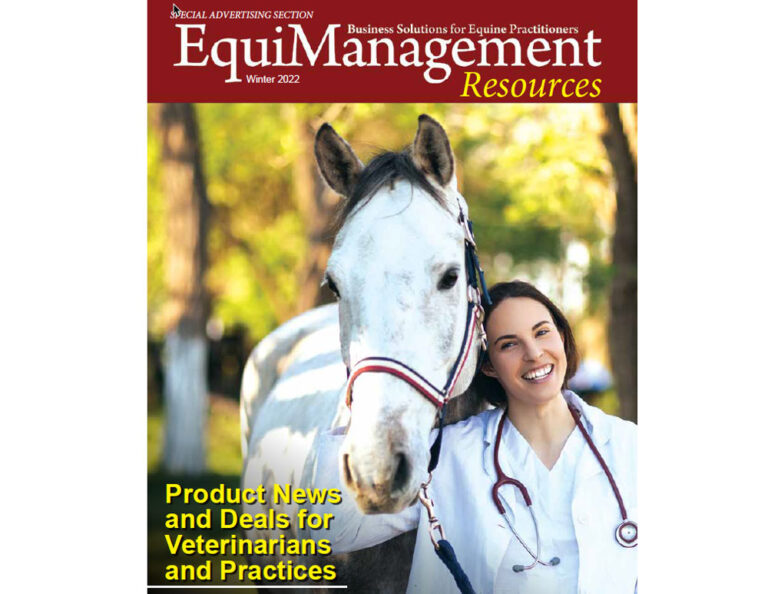
Equine colic is fraught with many consequences that point to an unfavorable prognosis. One such parameter is that of sepsis, and it is often evaluated with a sepsis score that considers general condition, heart and respiratory rates, rectal temperature, mucous membrane color evaluation, white blood cell count and ionized calcium. A sepsis score of ≤6/19 is considered negative for sepsis; 7-9/19 is questionable; and ≥10/19 is positive for sepsis.
A recent German study compared sepsis scoring to concentrations of multiple matrix-metalloproteinases (MMPs) and inflammatory chemokines such as interleukin 1 β and tumor-necrosis-factor-alpha (TNF- α) in plasma and peritoneal fluid of horses with colic.[Barton, A.K.; Richter, I.G.; Ahrens, T., et al. MMP-9 Concentration in Peritoneal Fluid is a Valuable Biomarker associated with Endotoxemia in Equine Colic. Mediators of Inflammation vol 2021; https://doi.org/10.1155/2021/9501478].
The study reviewed 47 horses with clinical signs of colic that presented to the Berlin equine hospital between March 2017 and January 2018. Based on sepsis scoring, 32 horses were deemed negative, 9 were questionable and 6 were positive. Four of the six positive horses went to surgery and two were euthanized. Ischemic lesions were found in all four, and three horses survived to discharge while the fourth suffered complications of post-operative ileus and was euthanized.
Mucous membrane color was most significantly correlated with the sepsis score, with only four horses (12.5%) misclassified based on this one parameter. General condition and leukopenia were also important for correlation to sepsis score. Combining these three parameters of the sepsis score led to accurate classification of all the horses except for one (3.1%).
In looking at the MMP and chemokine concentrations, the only biomarker evaluated in available assay kits that yielded good diagnostic value for sepsis and endotoxemia is MMP-9 in peritoneal fluid. The authors stated: “The cutoff of 113 ng/ml in peritoneal fluid had reasonable sensitivity and specificity in comparison with that of plasma.” MMP-9 is similarly correlated to sepsis in human patients.
In conclusion, the authors suggested: “As abdominocentesis is commonly performed in the diagnostic work-up of equine colic, a pen-side assay of peritoneal fluid MMP-9 would be useful and easy-to-perform diagnostic support in the decision for therapeutic intervention.”








